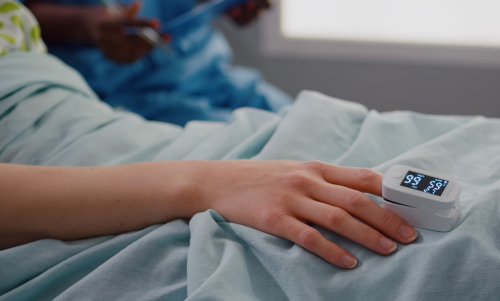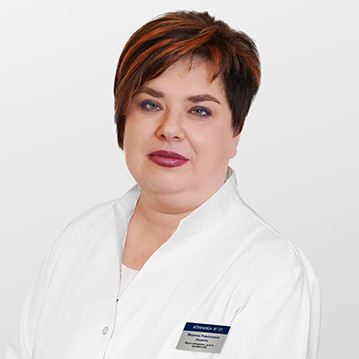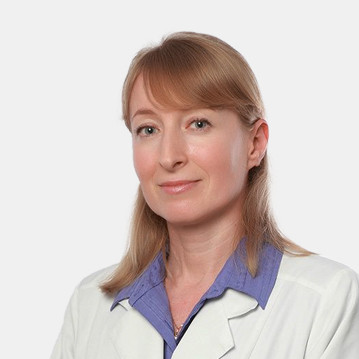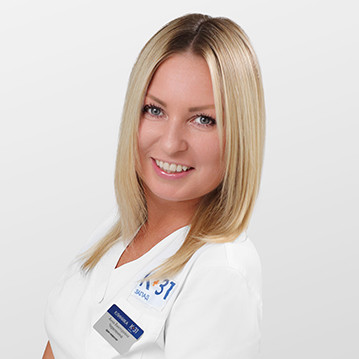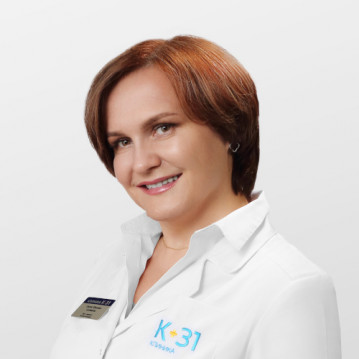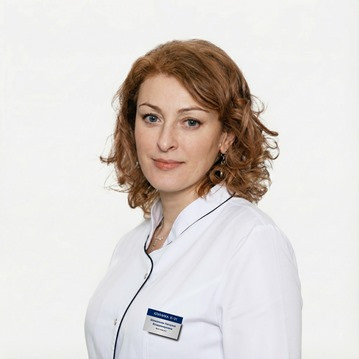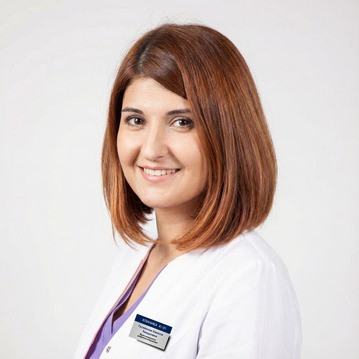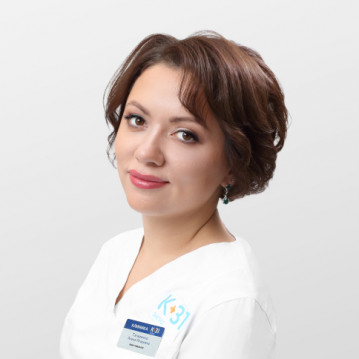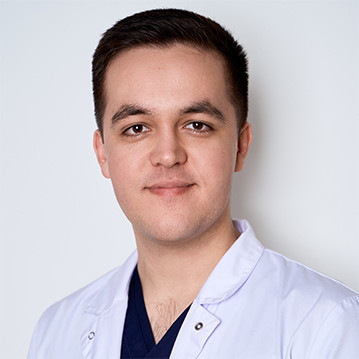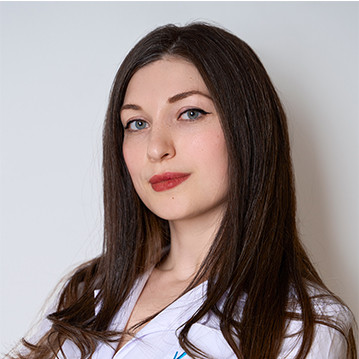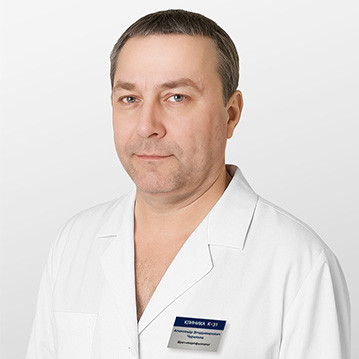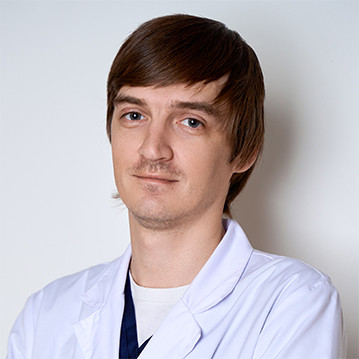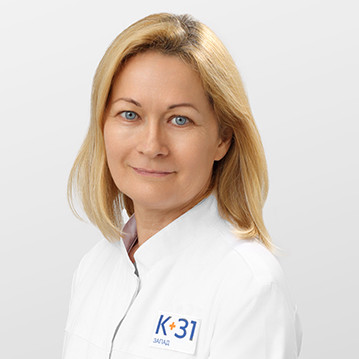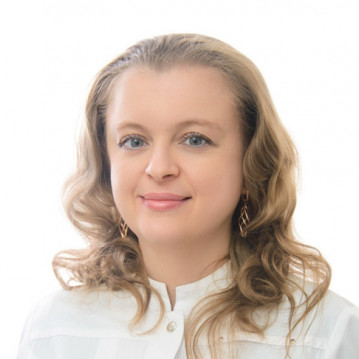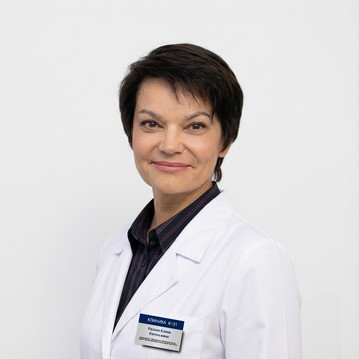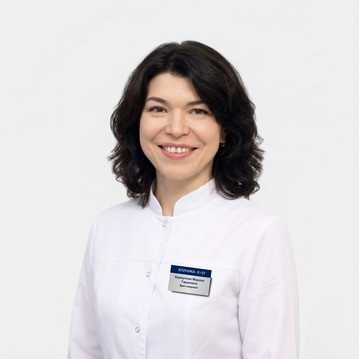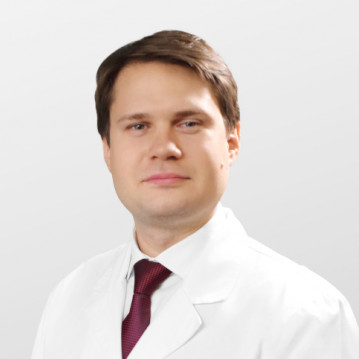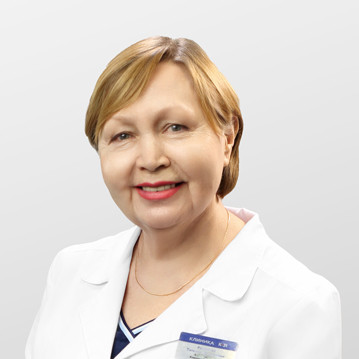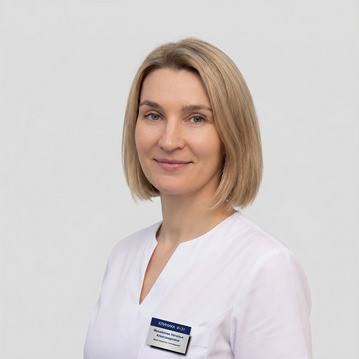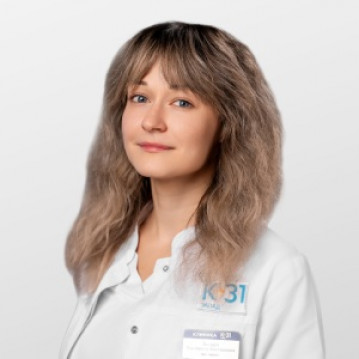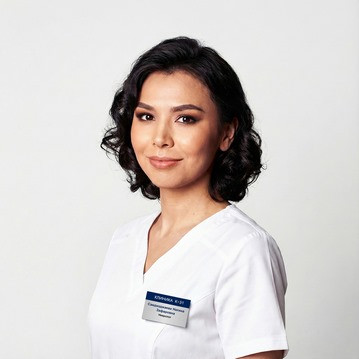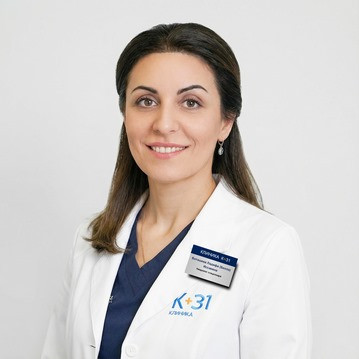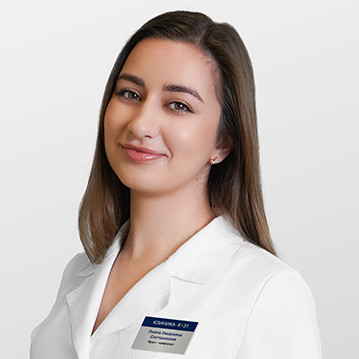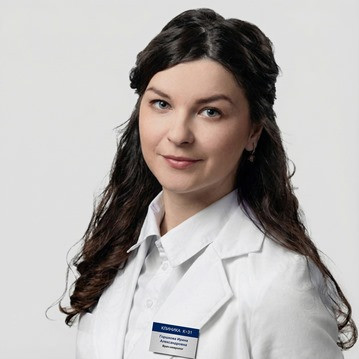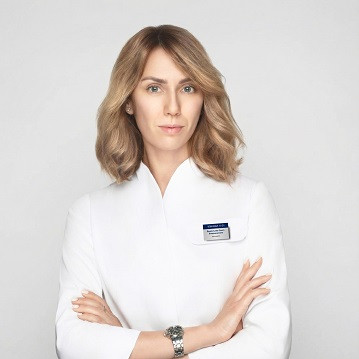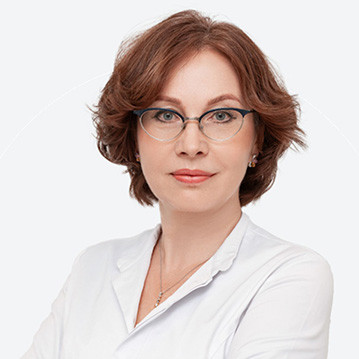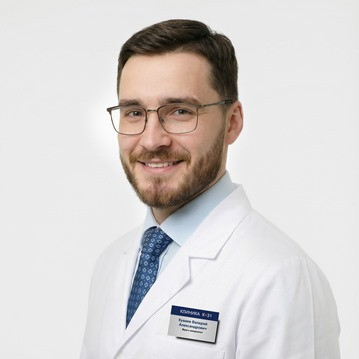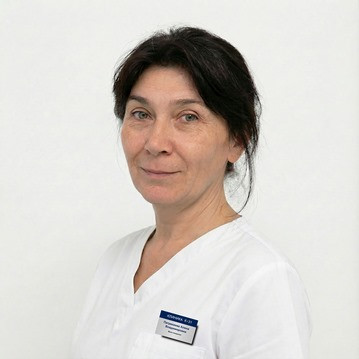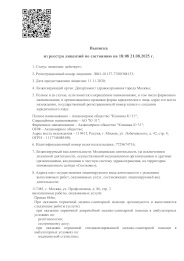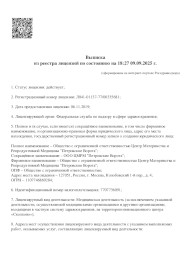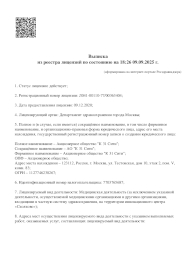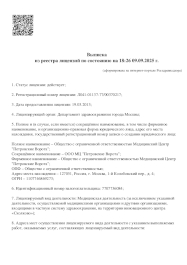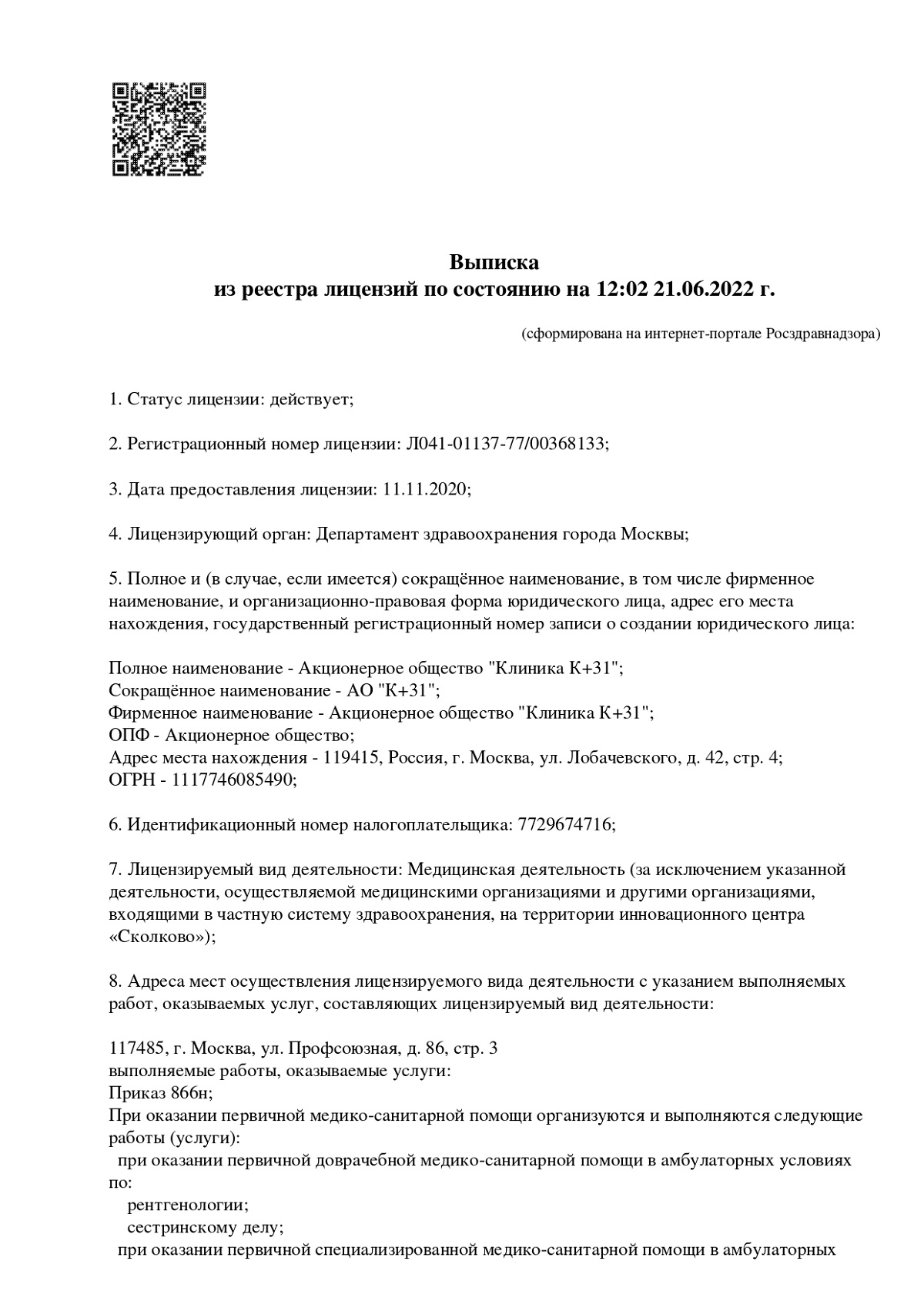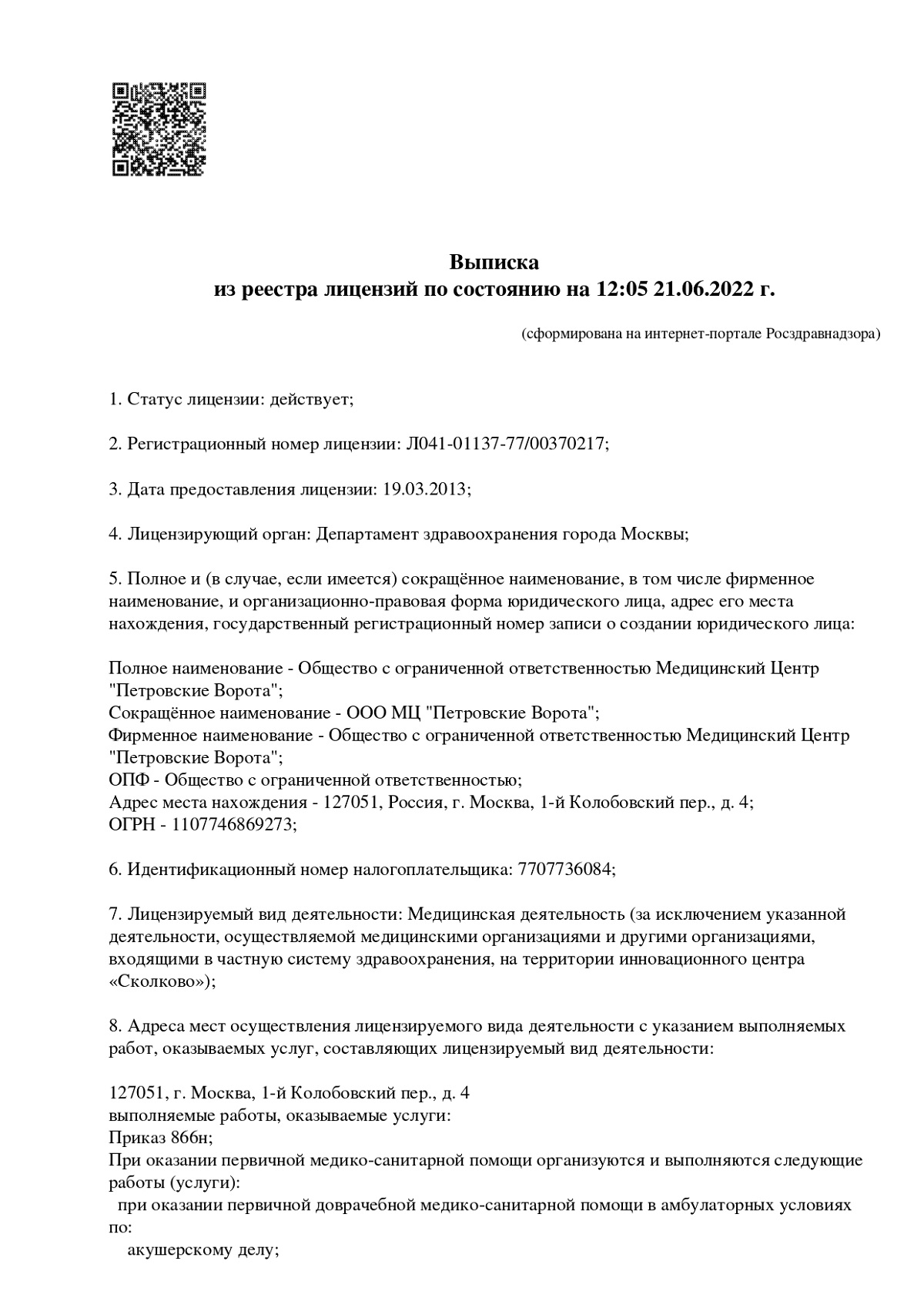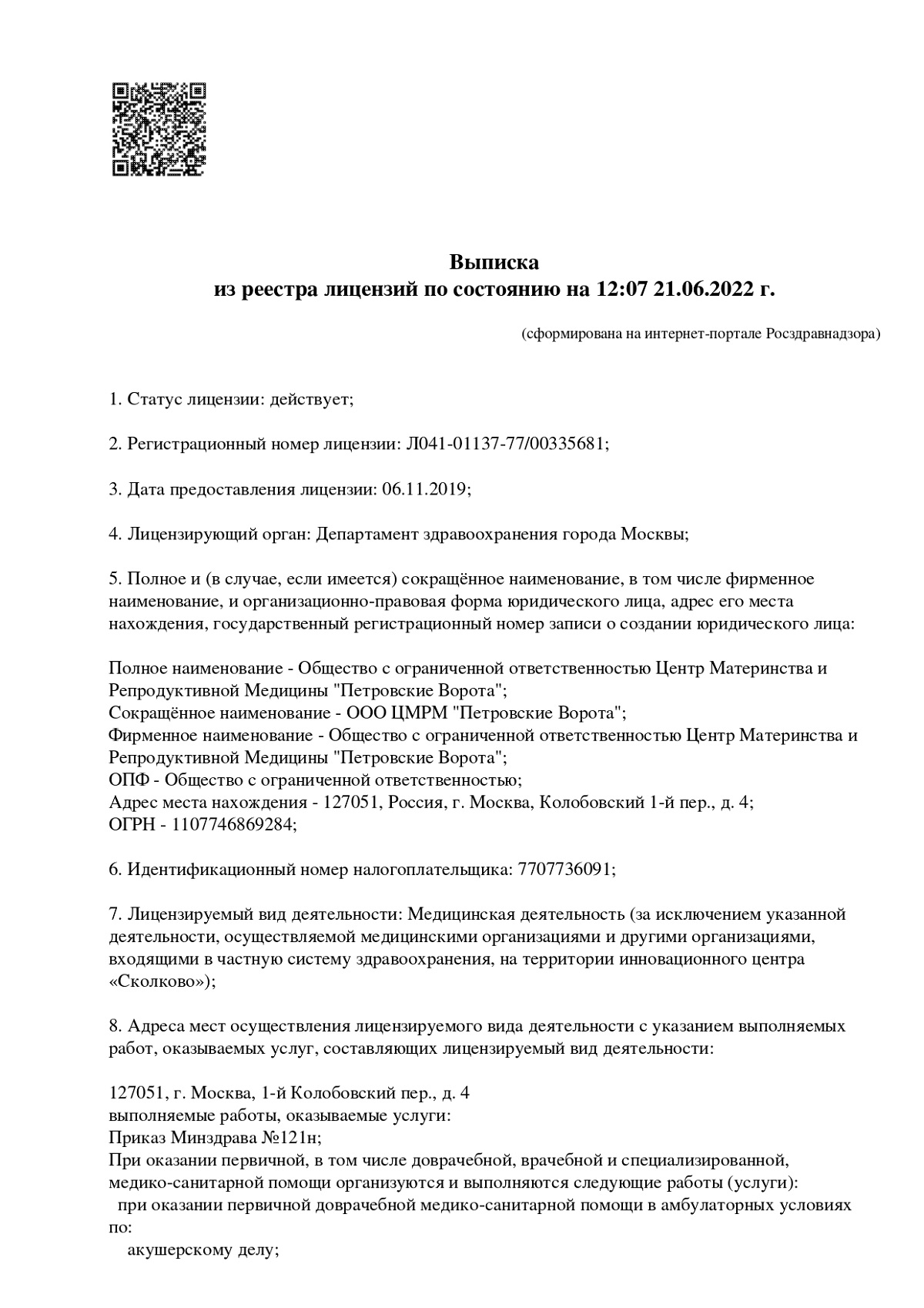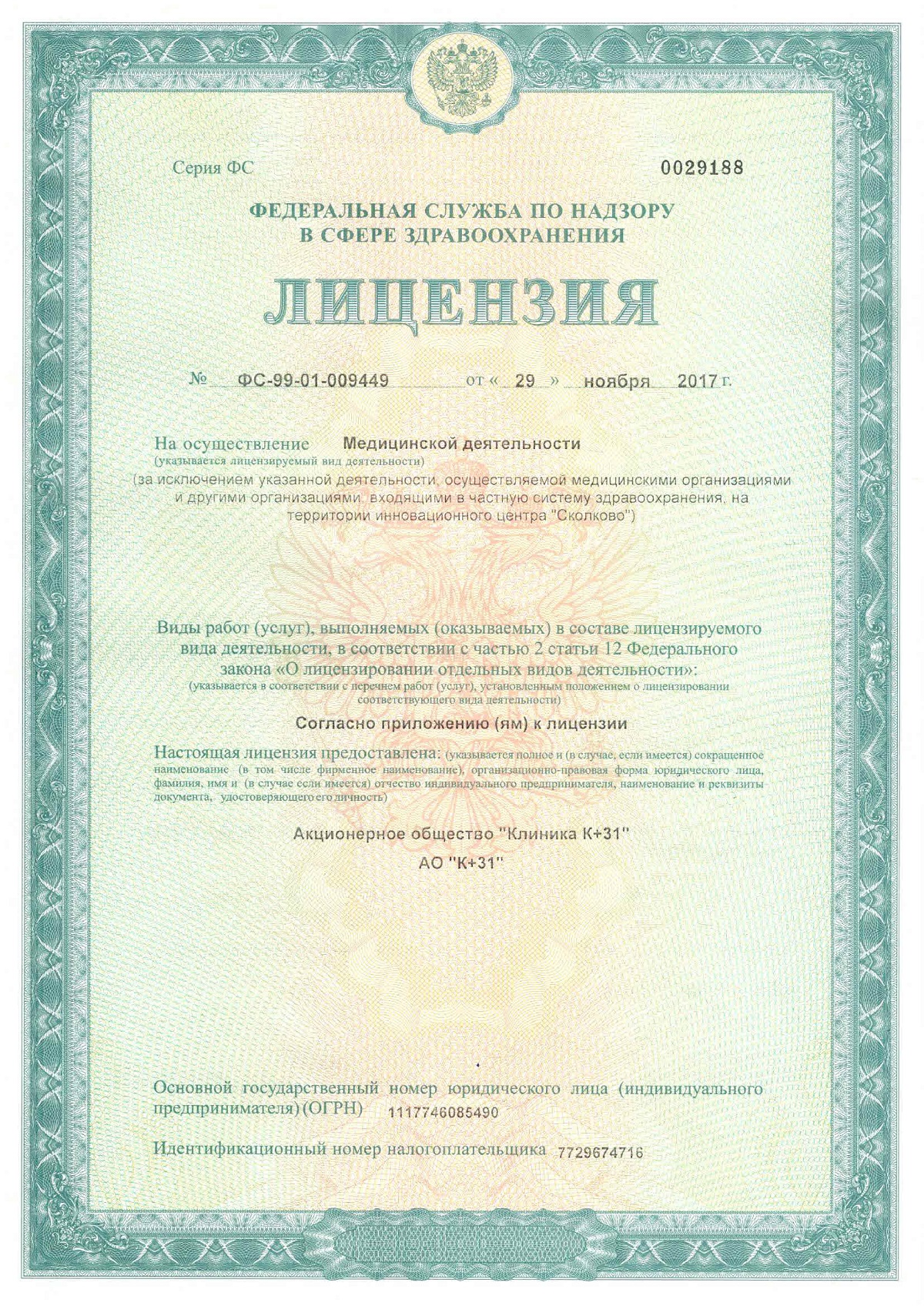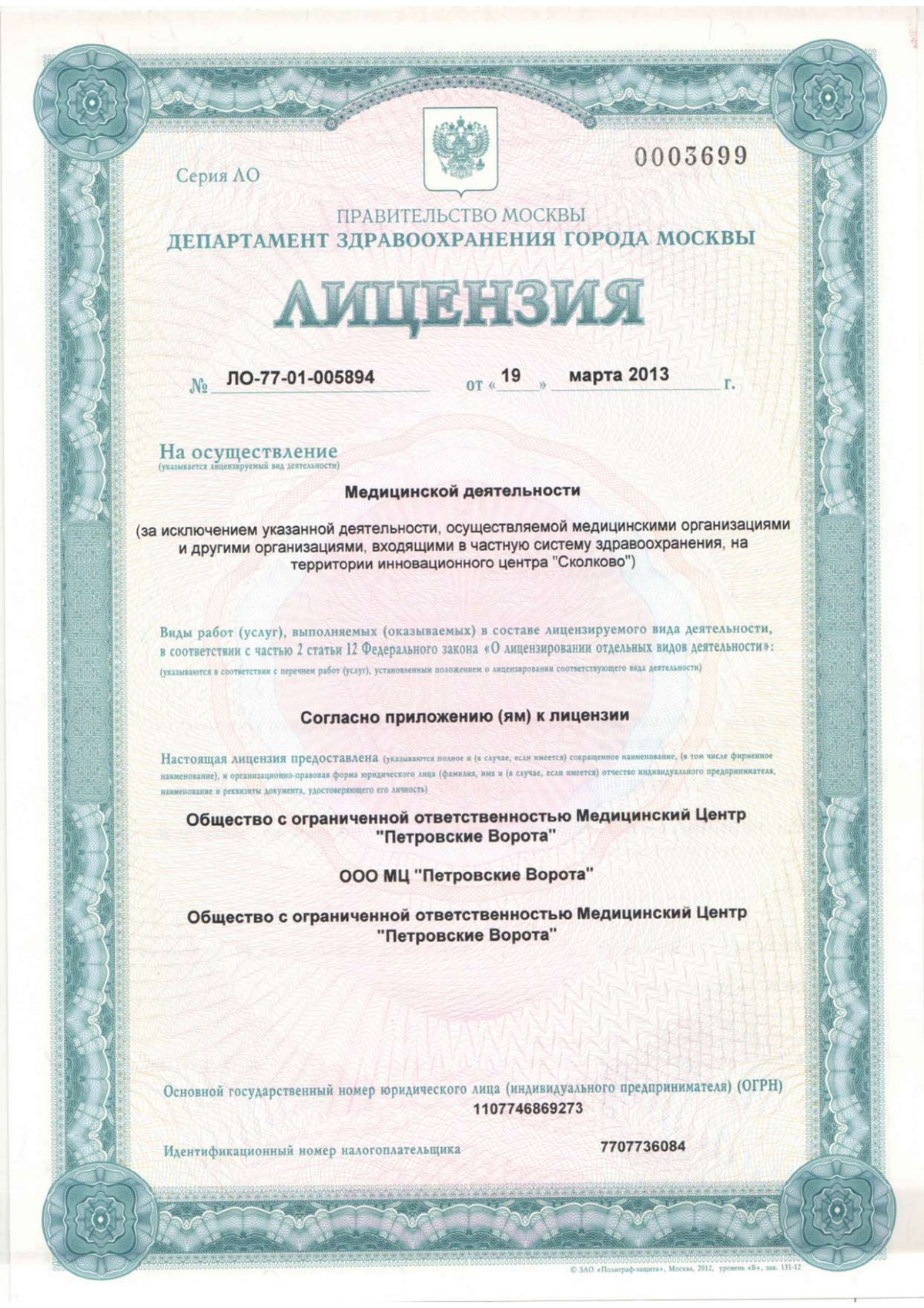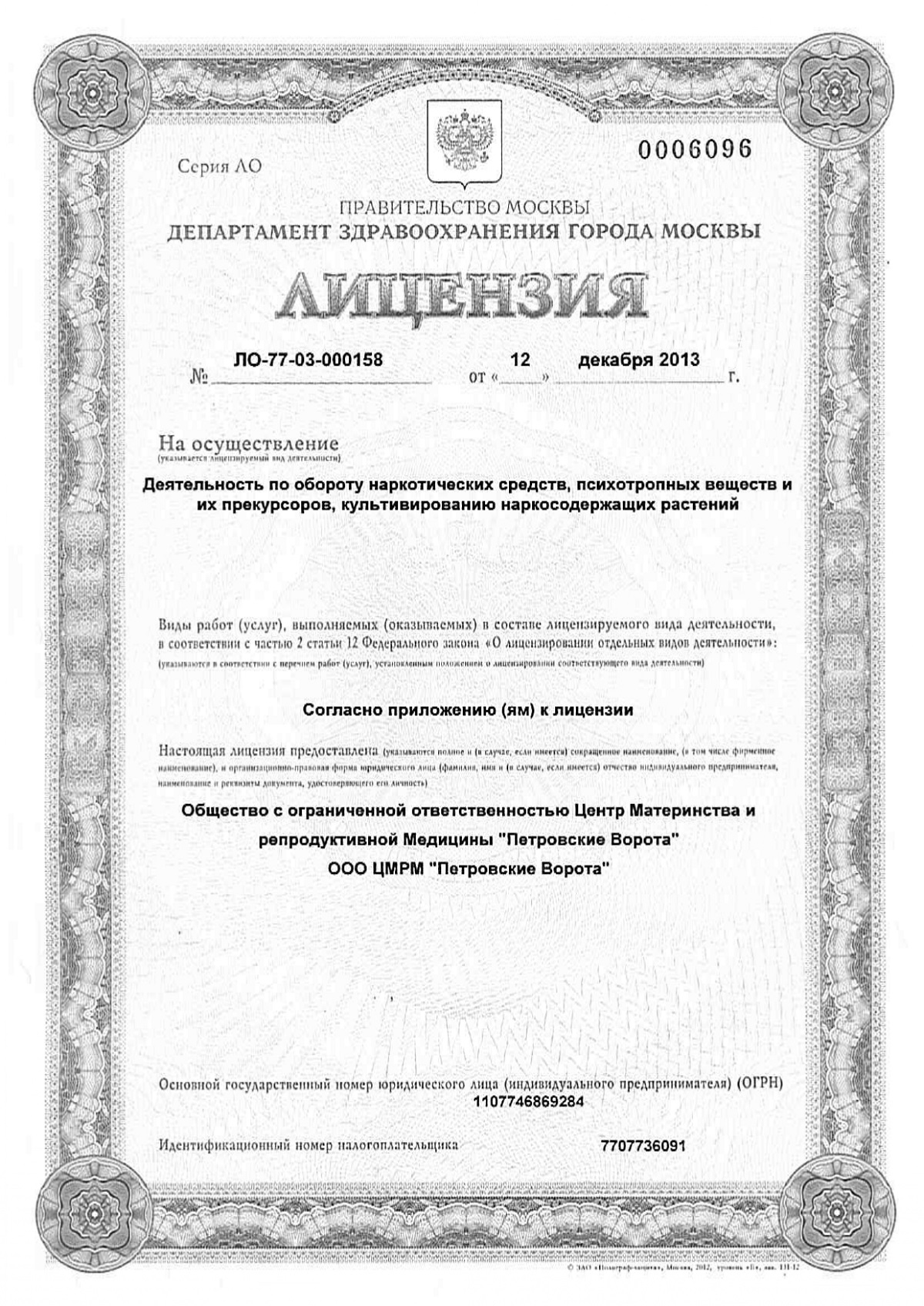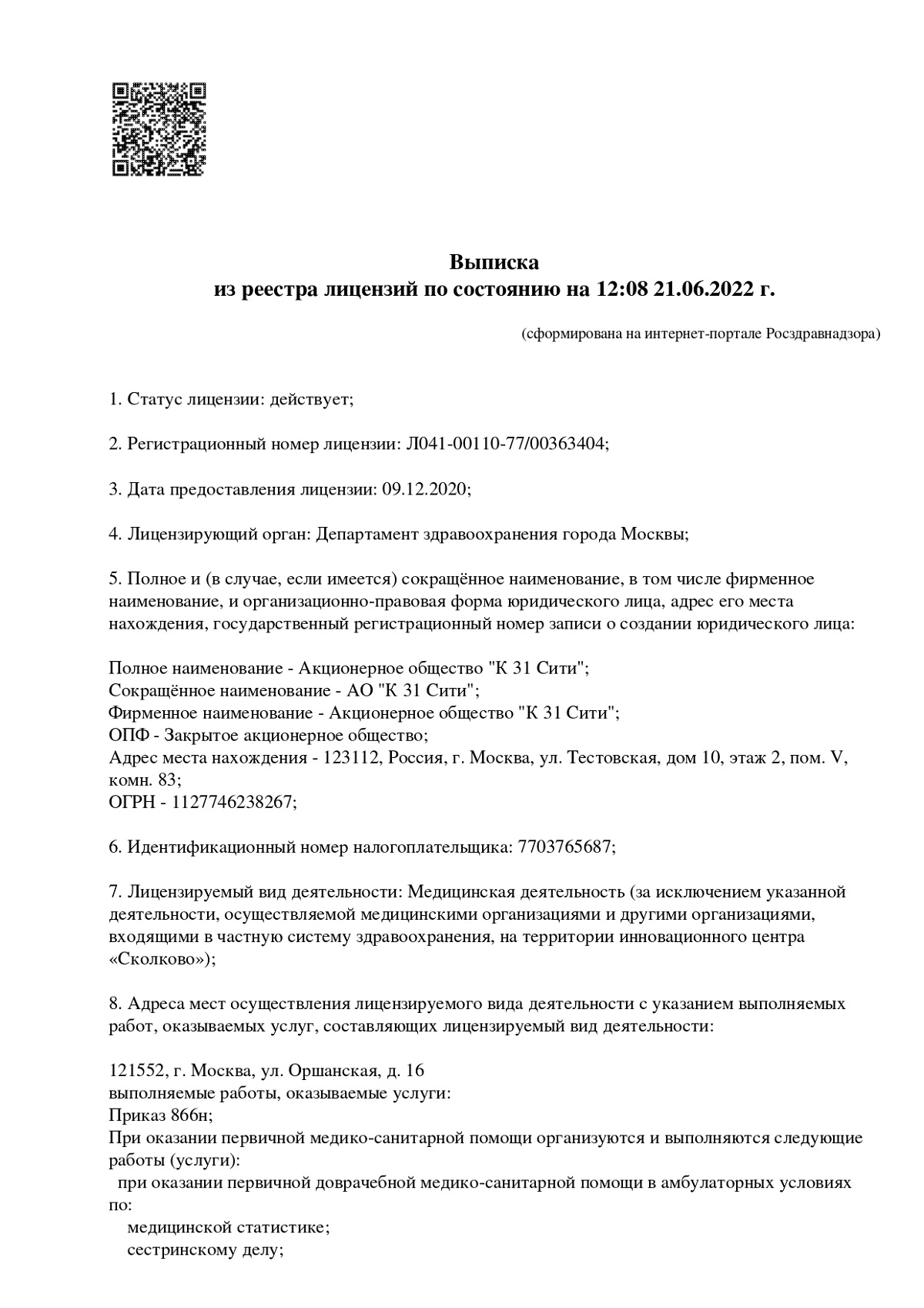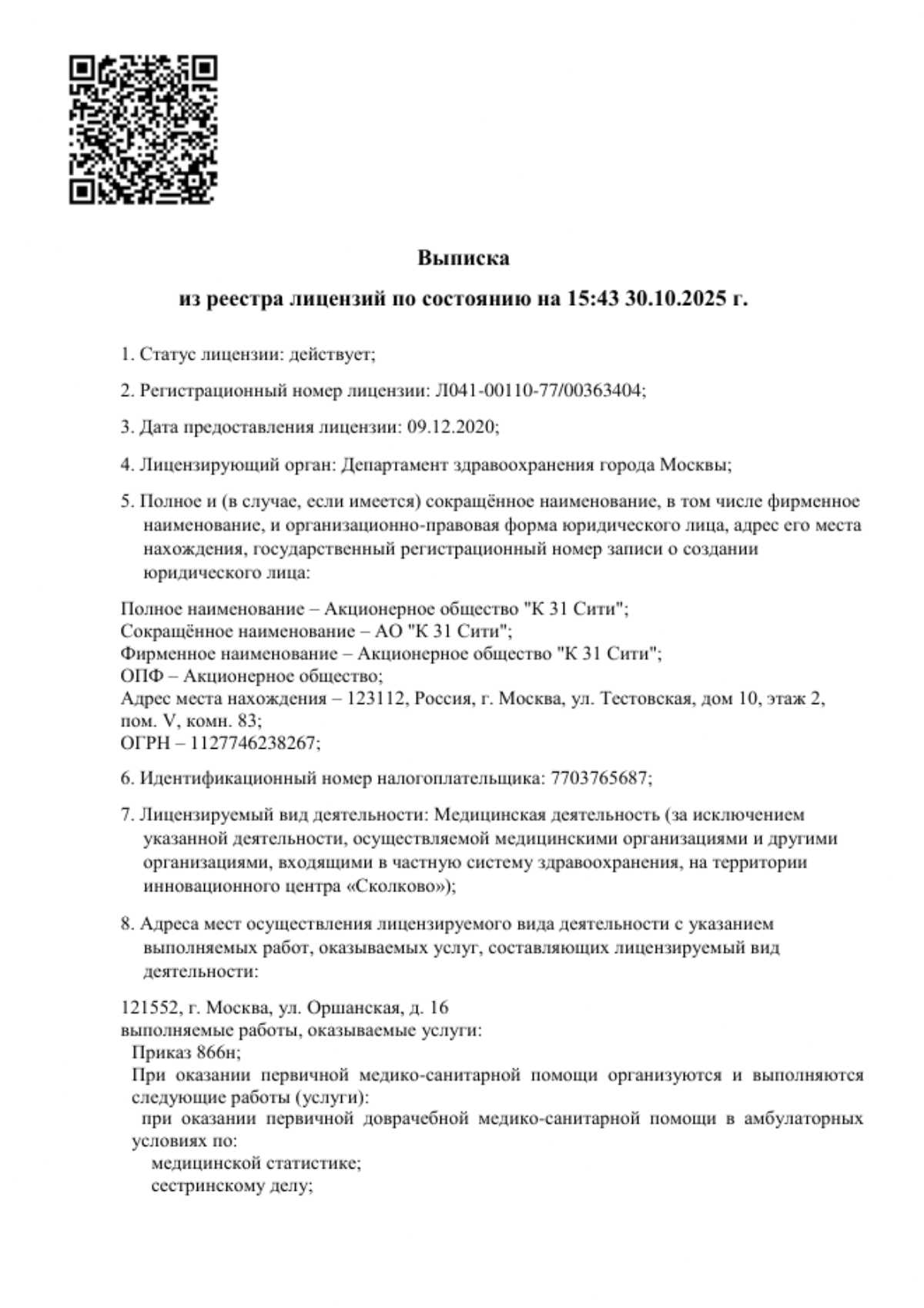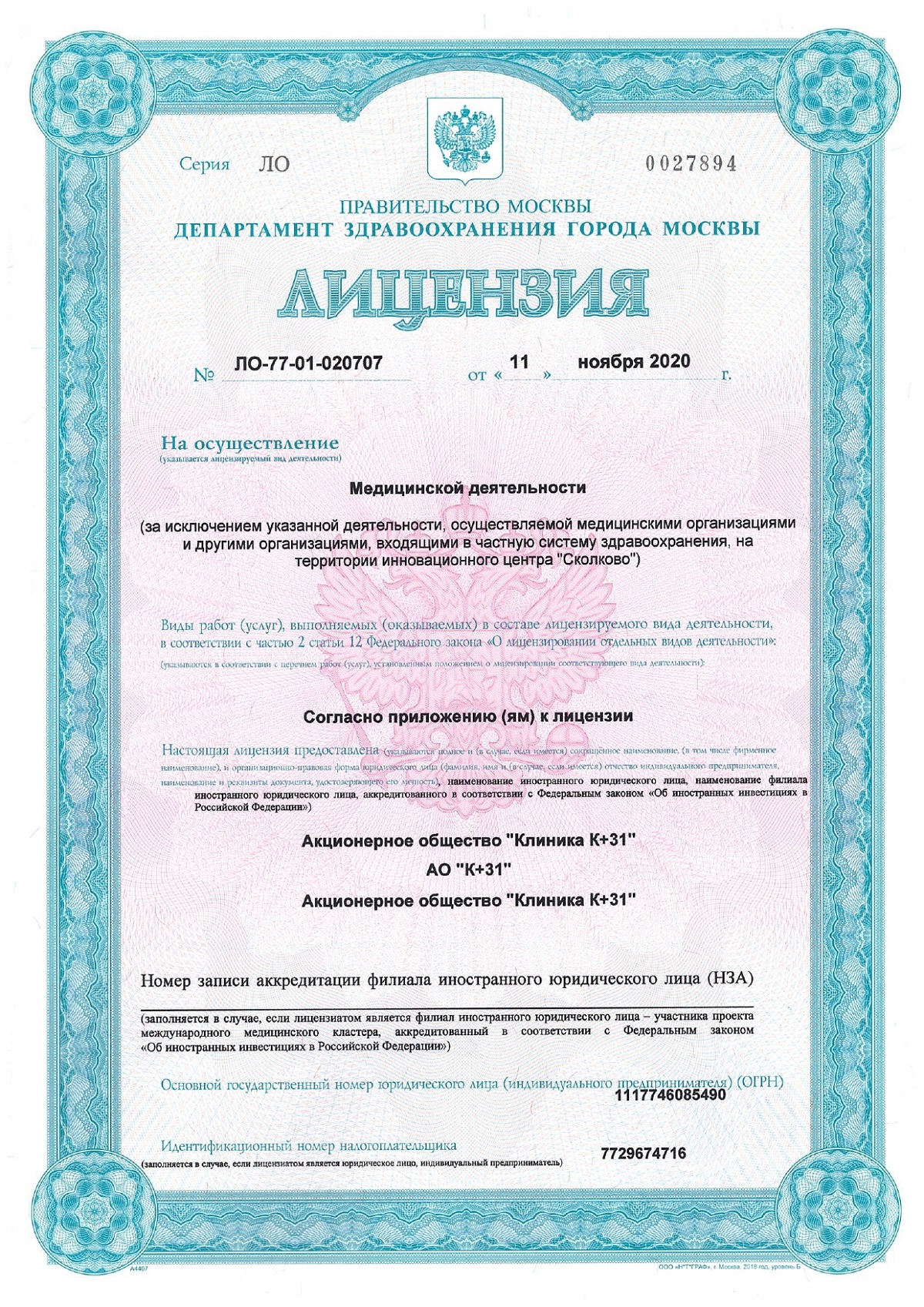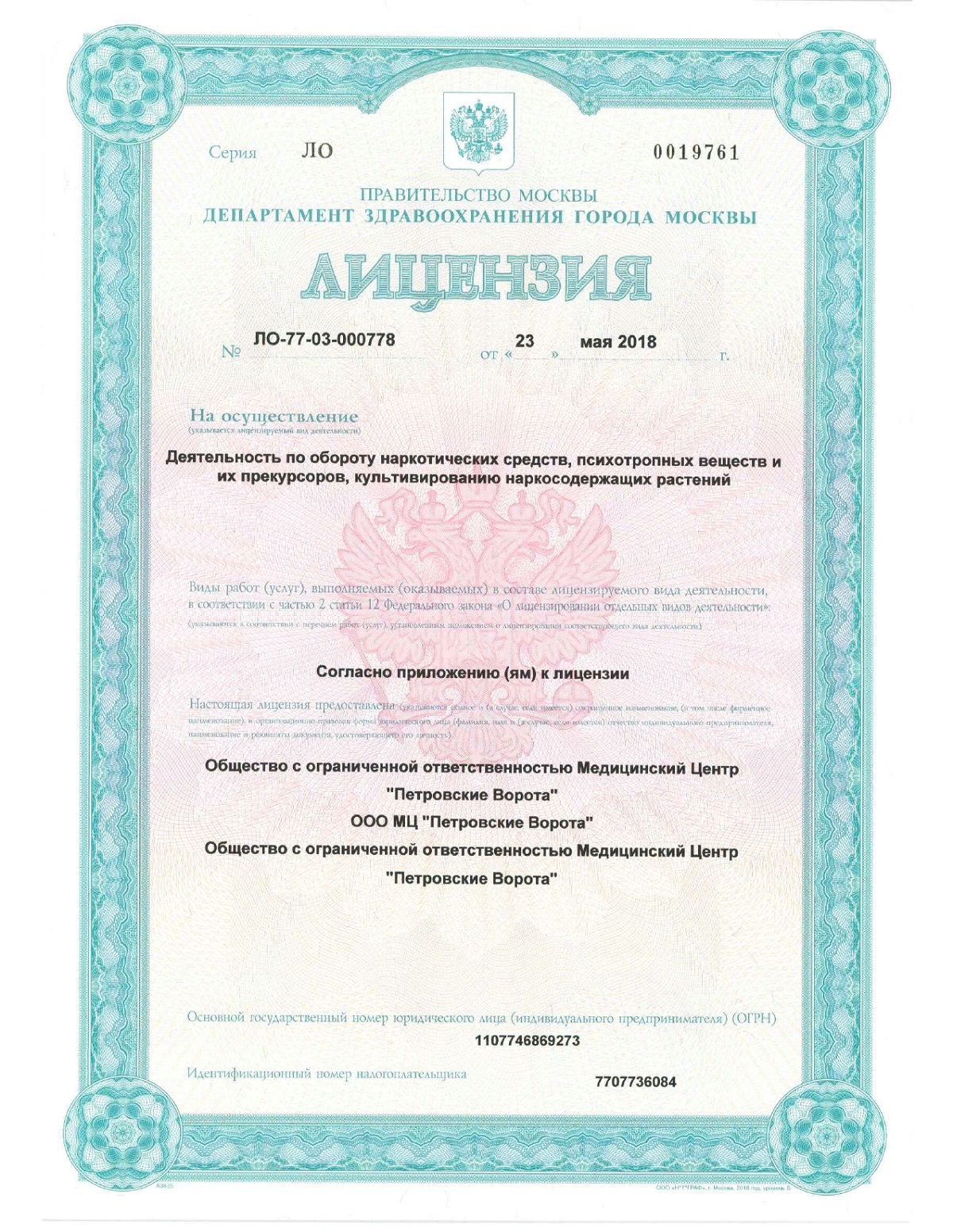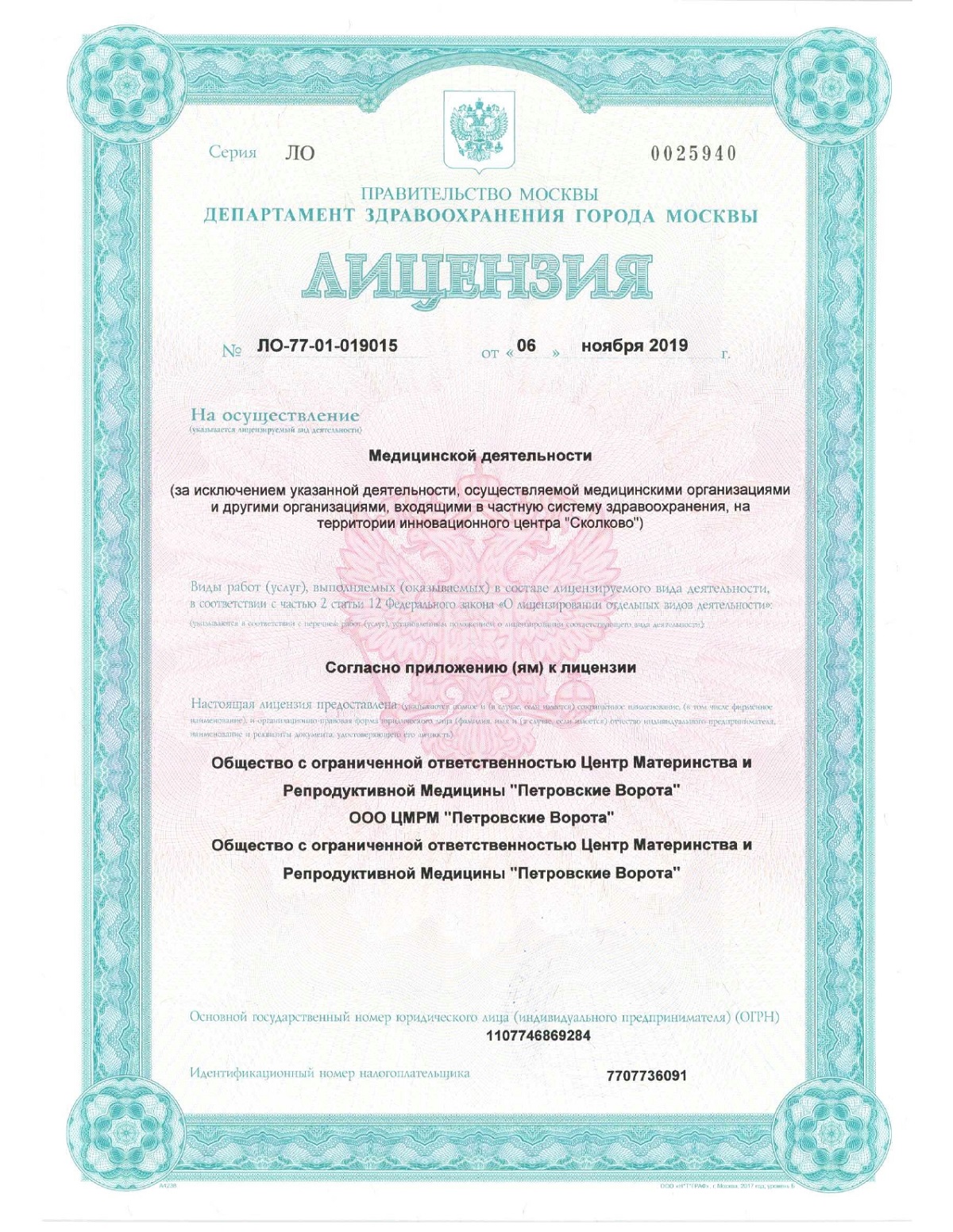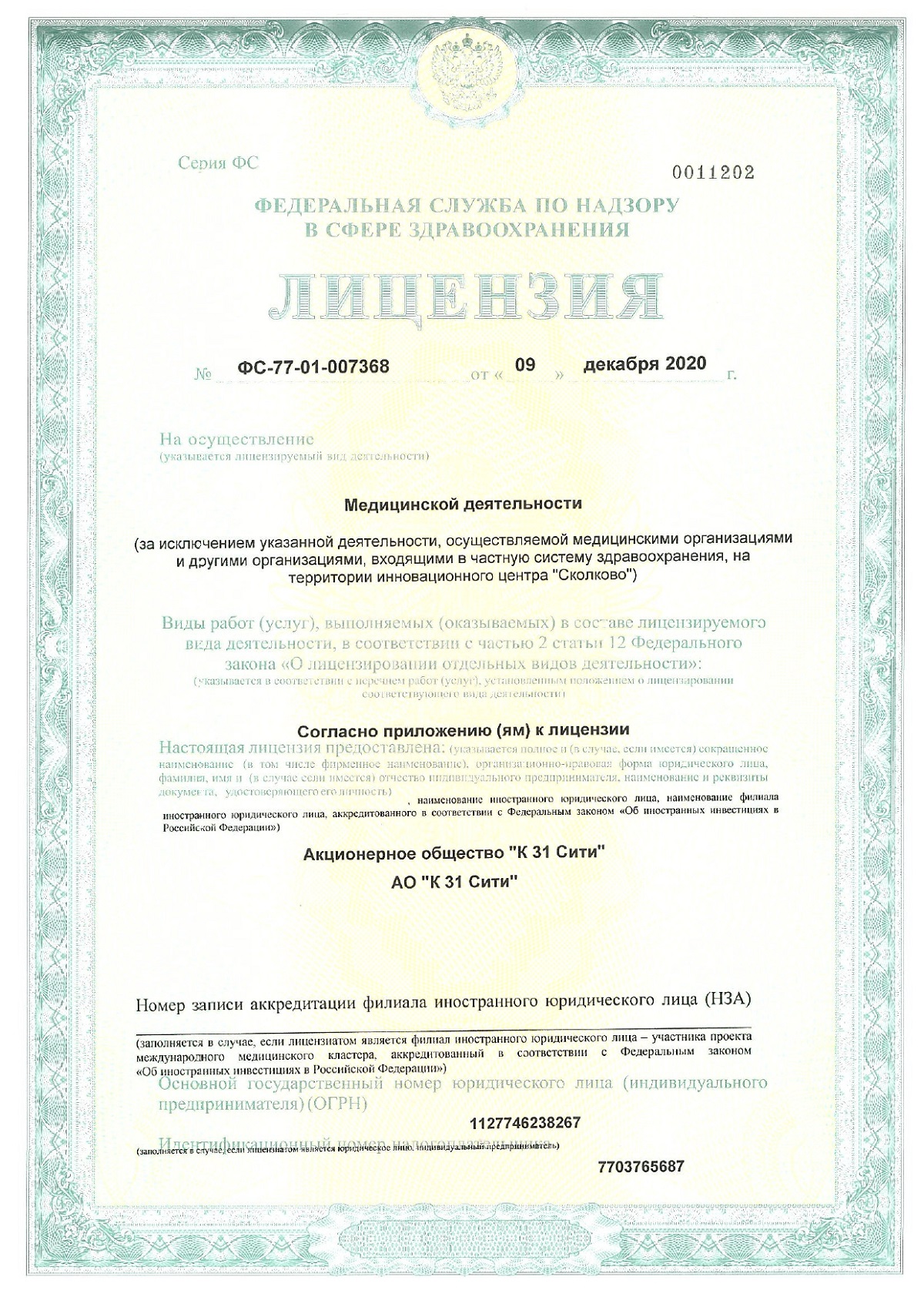Overnight pulse oximetry
Computer overnight pulse oximetry is available to patients at the K+31 clinic. With the help of research, specialists can identify breathing disorders that are accompanied by oxygen starvation.

specialists

equipment

treatment

About the service
Pulse oximetry is a method for non-invasively determining the amount of oxygenated hemoglobin in arterial blood. It helps doctors understand how efficiently blood transports oxygen throughout the body. In practice, this device is useful both in hospital settings and at home.
The main component of a pulse oximeter is a sensor that is attached to your fingertip or ear. It emits light through tissue and analyzes what percentage of it is absorbed by the blood. In addition, this device allows you to monitor your pulse and provides a heart rate graph.
In modern medical practice, they often resort to the use of high-precision diagnostic methods. One such method is overnight pulse oximetry. Its main task is to control blood oxygen saturation during sleep.
General information about the «overnight pulse oximetry» procedure
Stages of overnight pulse oximetry
The procedure is completely painless and there is no discomfort. The pulse oximetry algorithm looks like this:
Equipment installation. This takes about 5-10 minutes. The receiving unit, which is equipped with a microprocessor, is worn on the patient's wrist as a bracelet. The pulse oximetry sensor is carefully attached to one of the fingers
Data recording. Once the sensor is installed, the data recording process begins automatically. A person watches on the device screen your current indicators (pulse and blood oxygen saturation level). During the night you need to sleep in your usual way. The device will record all changes and night awakenings at this time.
Completion of the procedure. After waking up, the patient must remove the sensor and receiving unit from the wrist. The data recording process ends automatically
After this, the device is transported to a medical facility. Here specialists begin a detailed analysis of the collected data. This process usually takes no more than 5 minutes. After completion of the analysis, the results are provided to the patient in paper or in electronic format. They need to be shown to a doctor, who, if necessary, will refer for further examination or prescribe treatment.
Based on pulse oximetry data, preliminary data on the state of the body as a whole can be obtained. Deviations indicate breathing disorders during sleep or other problems that require close attention from a specialist.



Our doctors

This award is given to clinics with the highest ratings according to user ratings, a large number of requests from this site, and in the absence of critical violations.

This award is given to clinics with the highest ratings according to user ratings. It means that the place is known, loved, and definitely worth visiting.

The ProDoctors portal collected 500 thousand reviews, compiled a rating of doctors based on them and awarded the best. We are proud that our doctors are among those awarded.
Make an appointment at a convenient time on the nearest date
Price

